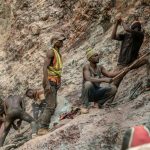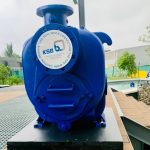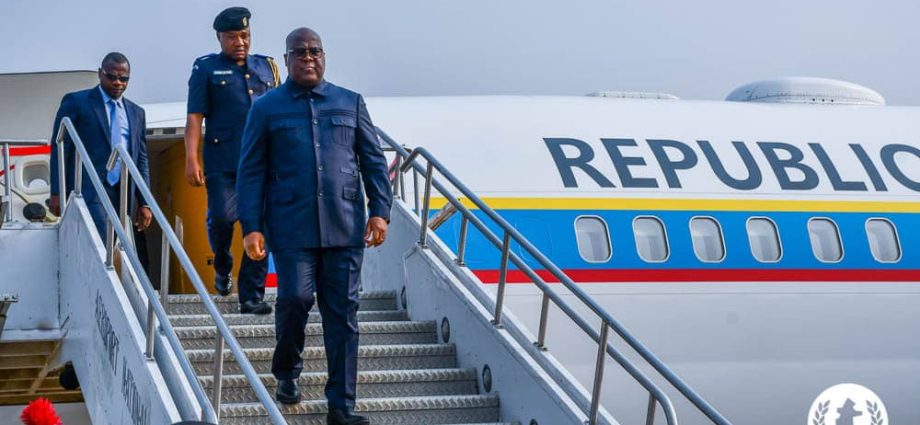The US-Africa Summit officially opened on Monday, June 23, 2025, in Luanda, Angola, under the theme “Pathways to Prosperity: A Shared Vision for the US-Africa Partnership.” Among the key voices shaping the high-level dialogue was President Félix Tshisekedi of the Democratic Republic of Congo (DRC), who seized the platform to champion investment and economic diversification for his country.
Bringing together top African and U.S. political leaders, investors, and policy experts, the summit aimed to deepen economic ties, expand trade, and lay the foundation for long-term partnerships focused on shared prosperity and sustainable development.
A Strategic Opening for the DRC
For President Tshisekedi and the DRC delegation, the summit represented a timely and strategic opportunity to attract foreign direct investment across key sectors—particularly infrastructure, mining, agriculture, and technology. These areas are pivotal to the DRC’s broader economic transformation agenda and its ambition to move beyond its traditional dependence on raw mineral exports.
“The summit presents a crucial moment for the DRC to signal its readiness for business and investment,” said Jules Kimpama, a Kinshasa-based economist. “With improved governance and a commitment to economic reform, the country can unlock vast untapped potential and become a key player in global supply chains.”
Gateway to Global Value Chains
A consortium of international trade and development experts attending the summit underscored the importance of U.S.-Africa engagement as a catalyst for regional integration and industrialization.
“The strengthened partnership with the United States opens the door to a more dynamic integration of the DRC into global value chains,” they noted, “particularly through the development of transport and logistics infrastructure and the scaling up of local manufacturing and processing industries.”
This focus on infrastructure and logistics resonates with the DRC’s urgent need to improve connectivity across its vast territory and reduce reliance on expensive imports. With significant U.S. interest in supporting energy, transport corridors, and digital infrastructure, the summit marked an inflection point for the DRC’s modernization agenda.
Enhancing the Investment Climate
President Tshisekedi also emphasized the importance of creating a more attractive and predictable business environment. Key reforms to promote transparency, streamline regulations, and protect investor rights were highlighted as top priorities moving forward.
Analysts believe these improvements could pave the way for meaningful technology transfer, capacity building, and job creation.
“Beyond attracting capital, the DRC is seeking partnerships that will bring in skills, innovation, and knowledge sharing,” said Kimpama. “That is how true, inclusive growth will take root.”
Beyond Mining: Toward Economic Diversification
While mining remains central to the DRC’s economy—given its vast reserves of cobalt, copper, and other critical minerals—Tshisekedi’s message in Luanda was clear: economic diversification is the future.
Strengthening trade ties with the United States could help the DRC expand its export base, support value-added industries, and foster employment opportunities for its rapidly growing youth population.
Moreover, the emphasis on sustainable resource exploitation and environmental responsibility aligns with global expectations and the country’s aspirations to become a leader in green, responsible development.
A Win-Win Vision
At the heart of the summit was the vision of a mutually beneficial partnership between the U.S. and African nations—one based on equality, shared interests, and long-term impact.
For the DRC, this includes not only capital inflows but also access to global markets, technological expertise, and strong institutional support to implement its development goals.
As President Tshisekedi continues to position the DRC on the global stage, the Luanda summit may be remembered as a key moment in the country’s journey from a resource-rich state to a fully integrated, diversified, and investor-ready economy.
Zambia Modern Mining will continue to monitor DRC’s investment developments and cross-border mining cooperation, especially as regional trade corridors and American partnerships gain momentum.















